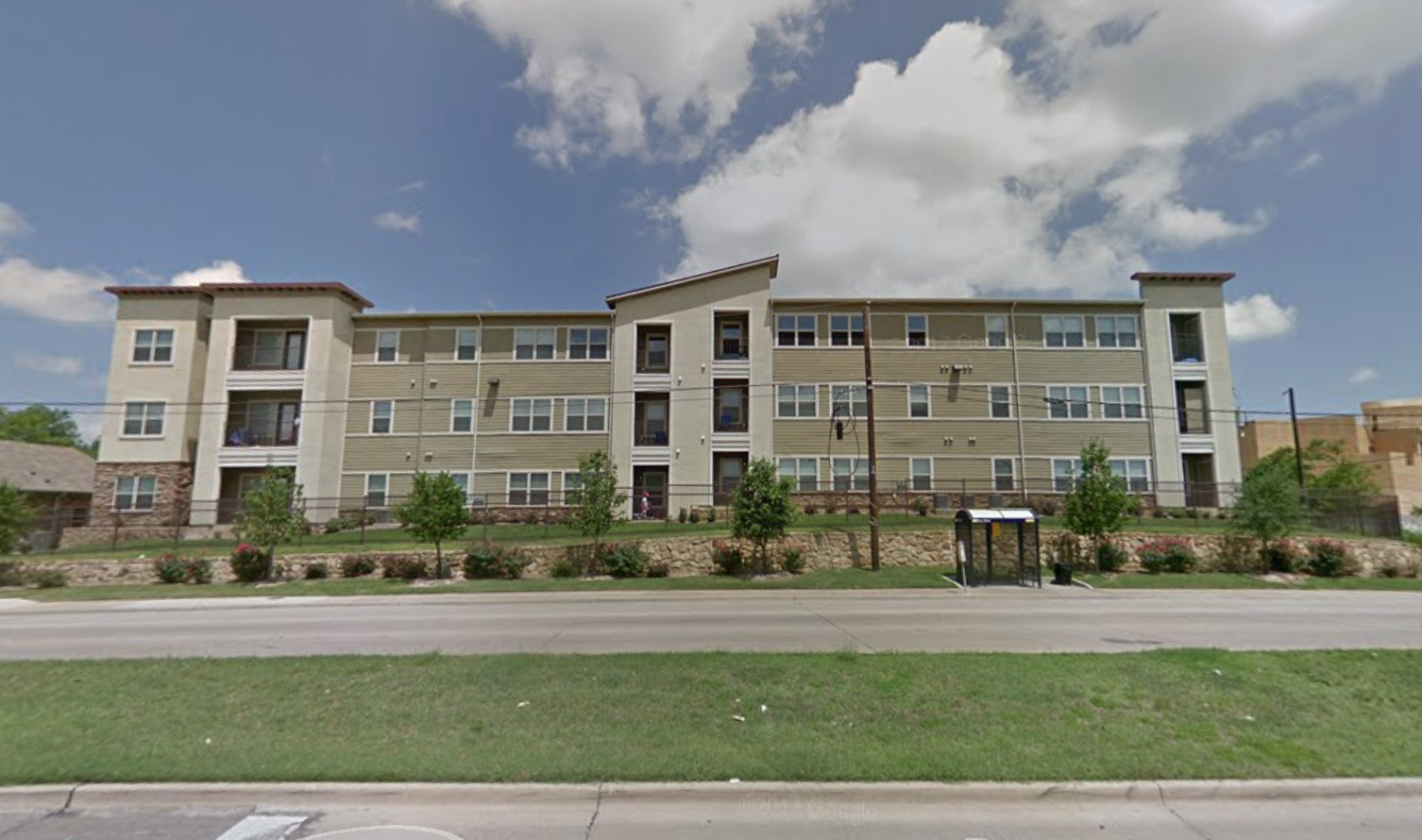When it came to doling out federal dollars for an affordable housing program known colloquially as CHODOs, the feds say the city of Dallas skipped key steps and is asking to return more than $6 million. According to an audit by the Inspector General of the U.S. Department of Housing and Urban Development, the city didn’t follow the program’s environmental requirements and failed to keep proper environmental records. The audit says the city didn’t do its due diligence in ensuring that affordable units were being built in a timely manner. It also says the city simply did not properly administer the program. The OIG says Dallas misspent more than $6.6 million and it wants it back.
The OIG recommends the Fort Worth Office of Community Planning and Development—the HUD office that administers the program in DFW—orders Dallas repay $2.4 million. That’s the sum of projects the city approved without undergoing an environmental review or receiving proper HUD approval.
But the damage doesn’t stop there. HUD wants the city on the hook to “support or repay” the additional $4.4 million. Those numbers could change as the city responds (protocol dictates that the Fort Worth office will soon issue it a timeframe for turning around that response). In some cases, reductions to the fines can occur when the city agrees to corrective action.
The city sent a response to the OIG over a draft copy of the audit. The note penned by Economic Development and Neighborhood Services Chief Michael Mendoza and attached to the final audit attempted to swat away many of the office’s findings.
Community Housing Development Organizations, or CHDOS, funnel public money to nonprofits to build low-income housing in neighborhoods around town, but the city’s lack of accounting related to the organizations has come under fire in recent years. HUD has been poring over documents for nearly a year at City Hall. Many of these projects were built in South Dallas and southern Dallas, where poverty is high and city services are poor. Critics have said that their placement further concentrates poverty—and that they haven’t been a good return on public investment. The city’s housing policy includes steps to redirect these dollars to other, more affluent neighborhoods.
For city officials, the findings come right at budget time, as a new mayor and City Council wrestle with a budget already cut $9 million short due to new state laws banning red-light cameras and changing how cities assess fees on telecom and cable TV providers. City officials are also reckoning with a police officer shortage, a top concern that grew even more urgent in light of the recent spike in murders. It’ll take money to right that ship. And now this.
The first half of HUD’s audit takes the city to task for lack of knowledge as much as neglect, conceding that some of the violations deal with ways the city misunderstood its requirements with regard to environmental regulations and HUD sign-off. But when it comes to diligence, the audit finds the city “ignored HUD’s requirements and its contracts.”
As a result, it rushed to commit more than $3.4 million to projects without considering the time needed to complete preconstruction or predevelopment activities and ensuring that the CHDO had effective project controls. In addition, due to the delay in executing its contracts, the City created unrealistic and unachievable contract terms.
Then comes the administration problems, where the audit finds that the city “did not (1) maintain or require its CHDOs to submit supporting documentation, (2) account for or require CHDOs to return program income, (3) ensure that expenditures were eligible, (4) properly document or calculate home-buyer income, and (5) properly certify its CHDOs.” That first item is a big one. The OIG says an entire file related to the Serenity Place apartments in southern Dallas has vanished. The audit describes two city departments squabbling over who misplaced the documents. Regardless, because of the missing file, the OIG says Dallas should pay back nearly $2 million. In rejecting that recommendation in his response, however, Mendoza wrote that the developer’s initial CHODO funding was eventually replaced by a Community Development Block Grant.
The audit focused on a period from October 2015 through September 2017.
Update: Through a spokesperson, City Manager T.C. Broadnax sent the following statement this afternoon:
We have acknowledged the findings from the audit of our administration of the Community Housing and Development Organizations (CHDO) conducted by the U.S. Department of Housing and Urban Development (HUD), Officer of Inspector General (OIG). Although there are no indications of fraud or abuse, I have made it a priority for us to strengthen our management of the CHDOs and have taken rigorous actions to address administration of these types of government funded programs. The City will continue to work with HUD to resolve the outstanding findings and compliance shortfalls.





